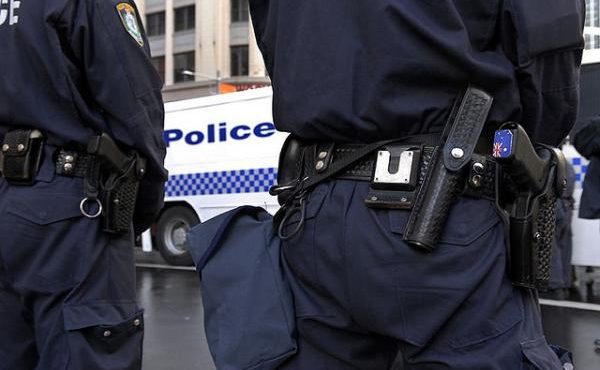
Our work in the Police Accountability Project challenges the misuse of police power, particularly in relation to Aboriginal and Torres Strait Islander people, people with a disability, young people and people experiencing homelessness.
For example, since 2017, we have been exposing problems with the Suspect Targeting Management Plan (STMP) – the NSW Police policy that aims to reduce crime by targeting people for ‘proactive policing’. People subject to the STMP report that they are stopped and searched frequently by police and visited at home at any hour of the day, without police having any reasonable suspicion that they may have committed an offence.
It is not known what criteria are used by NSW Police to decide who is subject to the STMP. Police have refused to disclose their target assessment method. We are particularly concerned about racial bias in the application of the STMP, given its disproportionate impact on Aboriginal and Torres Strait Islander people.
Together with other social justice organisations, we are calling for:
- NSW police to stop using the STMP against children;
- Greater transparency and accountability around the use of the STMP;
- NSW Police to formally notify anyone placed on the STMP, explain their reasons and advise when the decision will be reviewed.
The impact of the STMP on the community is far-reaching. We know that in some cases, young children have been targeted under the STMP even though they have not been charged with any crimes. Worse still, some of these young children are known to police as victims of crime or are considered ‘at risk of harm’ by child protection authorities.
Exposing children, some as young as ten, to repeated, invasive interactions with police is well-known to have a serious negative impact on the young person and runs counter to efforts to divert young people from the criminal justice system.
PIAC’s work to combat the STMP
In 2017, together with the Youth Justice Coalition (YJC), PIAC released a report considering the impact of the STMP on young people. This report, co-authored by PIAC’s Camilla Pandolfini, is the first publicly available analysis of the impact of the STMP on people under 25.
It exposes the invasive nature of the policy, and the significant detrimental impact that it has on the lives of people who are subject to it and their families.
It also finds that there is no publicly available evaluation or evidence that the STMP actually prevents or reduces crime, and that more than half the people who are subject to the STMP are Aboriginal.
The report includes stories of teenagers, some as young as 13, being stopped and searched in public, including on the train, sometimes several times a week, and visited at home by police, late at night, for no specific reason.
Read the report Policing young people in NSW: a study of the Suspect Targeting Management Plan.
The release of our report has led to significant scrutiny of the use of the STMP.
In November 2017, NSW Police advised that use of the STMP against young people under 12 would now be reviewed by the Youth Commander. In June 2018, the Law Enforcement Conduct Commission (LECC) announced that it was investigating use of the STMP against young people.
In January 2020, the LECC released its interim report on ‘Operation Tepito’, the investigation into use of the STMP with respect to young people. The LECC reiterated many of the initial findings and recommendations from the 2017 Youth Justice Coalition report.
It found that STMP policing practices ‘showed patterns of targeting that appear to have led to unreasonable, unjust and oppressive interactions for young STMP targets’, revealed that STMP practices disproportionately affect Aboriginal and Torres Strait Islander young people, and that the ‘overt and intrusive policing tactics’ resulted in ‘apparently unreasonable surveillance and monitoring of children and young people’.
How we help people on the STMP
PIAC assists people with STMP-related claims and complaints. We receive referrals regarding young people who are subject to an STMP, and provide information and advice.